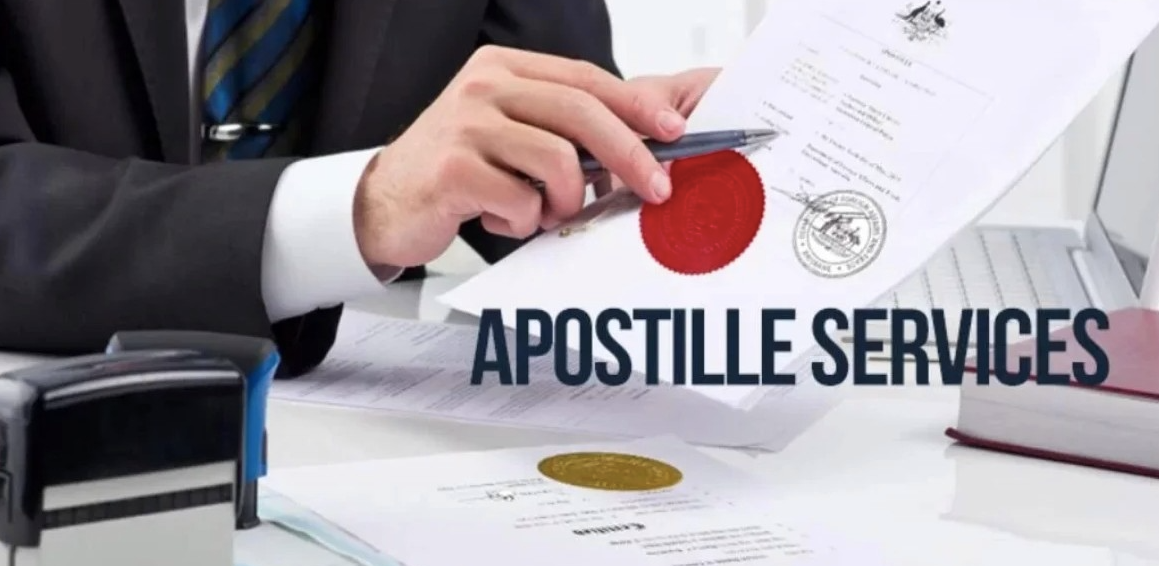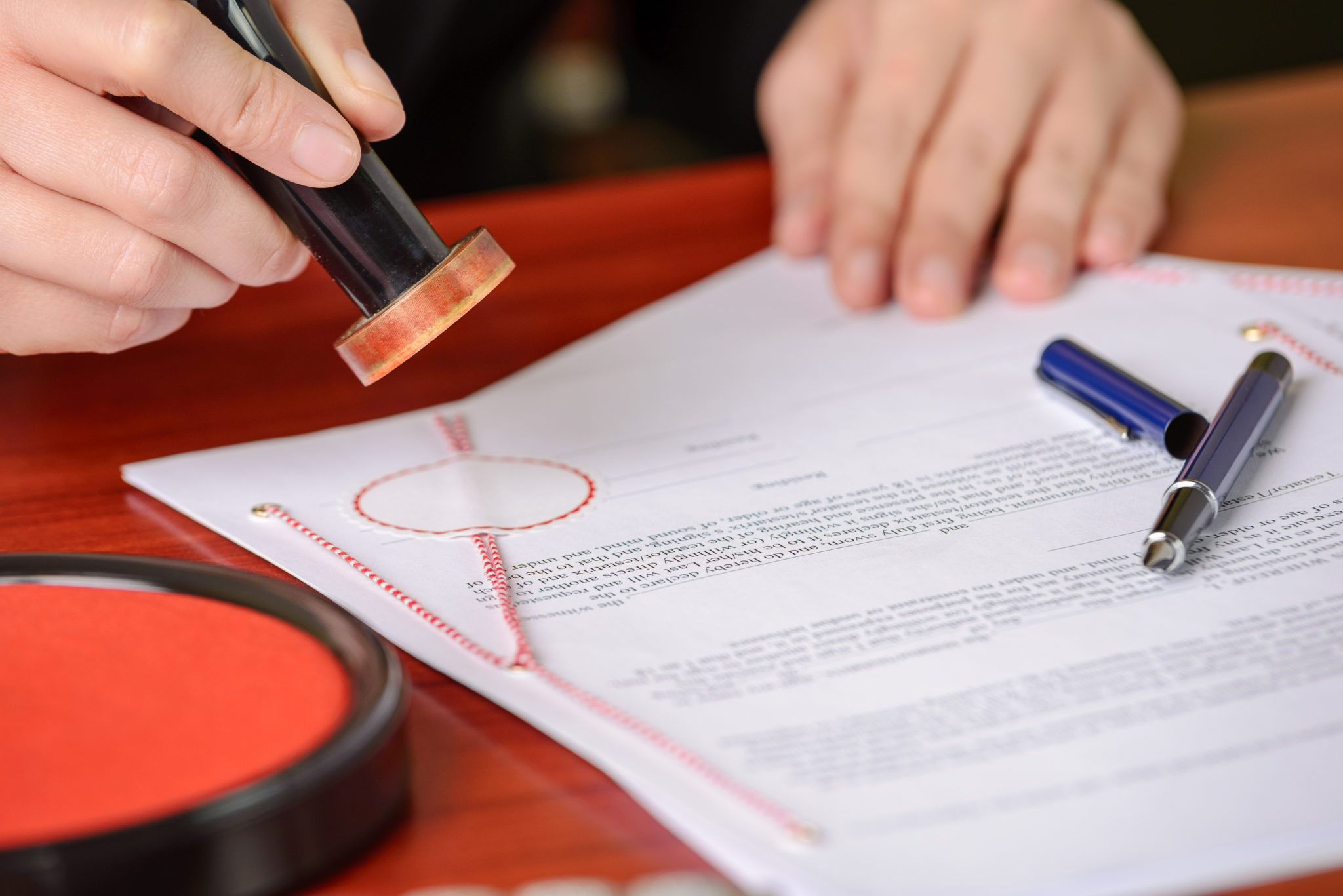Looking Into the Reasons Behind the Mandatory Need of Apostille Qualification for Legal Documents
In the realm of lawful documentation, the required requirement of apostille certification has become a crucial element that substantially influences the legitimacy and recognition of lawful papers on a worldwide scale. Comprehending the rationale behind this need involves delving right into the elaborate web of lawful intricacies, historic criteria, and global arrangements that highlight the importance of apostille certification in today's interconnected world. By checking out the underlying reasons behind this extensive demand, a clearer picture arises of why this apparently governmental procedure holds such enormous importance for federal governments, people, and companies alike.
Historical Evolution of Apostille Certification
How did the concept of apostille accreditation advance over time to end up being a vital part of worldwide file recognition? The historic development of apostille accreditation go back to the very early 20th century. The requirement for a simplified method of verifying files for usage throughout boundaries emerged as worldwide trade and traveling enhanced. In action to this need, the Hague Conference on Private International Regulation presented the Apostille Convention in 1961. This global treaty developed a structured procedure for certifying the authenticity of files to be identified in participant nations.
At first embraced by a few European countries, the Apostille Convention slowly acquired global approval due to its performance and efficiency in confirming the legitimacy of main documents. Throughout the years, the convention's reach increased as more countries joined, identifying the apostille as a globally approved form of document verification. Today, apostille accreditation has ended up being a conventional requirement for verifying legal papers in international deals, making sure smooth interaction and lawful proceedings in between countries.
Simplifying International Paper Legalisation
The streamlining of worldwide record legalisation treatments has actually significantly improved effectiveness in cross-border purchases. Simplifying the procedure of legalizing papers for global use has actually become crucial in facilitating swift and smooth purchases in between nations. One of the vital systems that have actually added to this simplification is the adoption of the Apostille Convention, which offers a standardized approach for confirming the authenticity of records throughout taking part nations.
By adhering to the Apostille requirements, nations consent to acknowledge each various other's public documents as valid without the requirement for more legalisation. This gets rid of the extensive and typically cumbersome process of multiple authentications by different authorities, conserving time and resources for people and organizations taken part in global activities.

Guaranteeing File Credibility and Validity
To make sure the authenticity and legitimacy of legal records in global deals, rigid confirmation processes are important. By requiring apostille qualification for legal documents, authorities intend to authenticate the beginning of records and validate the trademarks of individuals included.
Furthermore, verifying the credibility of lawful files via apostille certification enhances trust fund and self-confidence amongst events involving in worldwide deals. Eventually, by maintaining stringent verification requirements, apostille accreditation adds to a more safe and transparent worldwide lawful framework.

Facilitating Cross-Border Legal Acknowledgment
In the realm of global transactions, the apostille accreditation not only guarantees the credibility and legitimacy of legal records yet also plays a critical duty in facilitating cross-border legal recognition (Houston Apostille). When lawful papers birth an apostille certification, they are readily accepted by foreign authorities without the requirement for further verification. This streamlined process expedites the acknowledgment of files in different nations, advertising efficiency and minimizing bureaucratic obstacles in legal matters that go beyond national limits
Facilitating cross-border legal recognition through apostille certification fosters count on and confidence in the credibility of records exchanged in between countries. By sticking to the criteria set forth by the Apostille Convention, countries agree to honor the apostille seals fastened to documents from various other participant countries, hence streamlining the process of legal recognition throughout borders.
Conformity With International Treaty Specifications
Conformity with global treaty requirements is essential for making certain the uniform application of lawful policies across getting involved countries. The Apostille Convention, established in 1961, outlines the needs for the acceptance of public papers amongst participant nations. By sticking to the criteria stated in this treaty, countries devote to identifying the credibility of each various other's certification without the demand for more verification - Houston Apostille. This shared acceptance improves the process of cross-border file recognition, advertising performance and minimizing governmental obstacles.
The Apostille certification, as mandated by the treaty, functions as an assurance of authenticity for records such as birth certifications, marriage licenses, court judgments, and notarized acts. This standardized approach aids avoid fraud and makes certain that legal documents stemming from one member nation are readily approved in one more. By abiding with global treaty standards, countries demonstrate their commitment to promoting the principles of openness, trust, and teamwork in lawful matters on an visit this website international scale.
Final Thought

In the world of lawful documentation, the necessary need of apostille certification has ended up being a crucial aspect that substantially influences the legitimacy and recognition of legal papers on a worldwide range. Today, apostille qualification has actually come to be a basic demand for verifying lawful documents in global purchases, making certain smooth communication and lawful proceedings between countries.
Furthermore, verifying the authenticity of lawful records with apostille qualification boosts trust fund and self-confidence amongst events involving in global transactions.In the realm of international transactions, the apostille certification not only ensures the authenticity and legitimacy of lawful records yet likewise plays an essential function in helping with cross-border legal recognition. By adhering to the standards set forth by click site the Apostille Convention, countries concur to honor the apostille seals affixed to documents from various other participant countries, thus streamlining the procedure of legal recognition throughout boundaries.